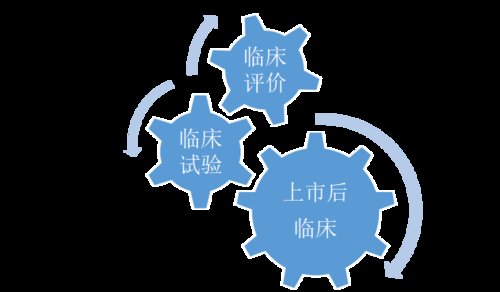Infectious Diseases and Vaccines: Comprehensive Services for Health and Protection
Understanding infectious diseases and the importance of vaccines is crucial in maintaining public health and preventing outbreaks. In this article, we delve into the various aspects of infectious diseases and vaccines, providing you with a detailed overview of the services available to ensure health and protection.
What are Infectious Diseases?
Infectious diseases are caused by pathogens such as bacteria, viruses, fungi, and parasites. These pathogens can be transmitted from person to person, through animals, or by environmental sources. Common symptoms of infectious diseases include fever, cough, diarrhea, and fatigue. Some infectious diseases can lead to severe complications and even death if not treated promptly.
![]()
Types of Infectious Diseases
There are several types of infectious diseases, categorized based on their causative agents and transmission methods. Here are some of the most common types:
| Type | Causative Agent | Transmission Method |
|---|---|---|
| Bacterial Infections | Bacteria | Air, water, food, or direct contact |
| Viruses | Viruses | Air, water, food, or direct contact |
| Fungal Infections | Fungi | Soil, plants, animals, or contaminated surfaces |
| Parasitic Infections | Parasites | Animals, insects, or contaminated water |
Role of Vaccines in Preventing Infectious Diseases
Vaccines are a crucial tool in preventing infectious diseases. They work by stimulating the immune system to recognize and fight specific pathogens. Here’s how vaccines contribute to public health:
-
Immunization: Vaccines provide immunity against specific diseases, reducing the risk of infection and its complications.
-
Herd Immunity: Vaccination of a large portion of the population can create herd immunity, protecting those who cannot be vaccinated, such as individuals with weakened immune systems.

-
Reduced Transmission: Vaccinated individuals are less likely to transmit infectious diseases to others.
Types of Vaccines
There are several types of vaccines available, each with its unique mechanism of action. Here are some common types:
-
Inactivated Vaccines: These vaccines contain killed pathogens that cannot cause disease but still stimulate the immune system.
-
Live Attenuated Vaccines: These vaccines contain weakened forms of the pathogen that can still cause disease but are less harmful.
-
Subunit Vaccines: These vaccines contain specific parts of the pathogen, such as proteins or sugars, that stimulate the immune system.
-
Recombinant Vaccines: These vaccines are made using genetic engineering techniques to produce specific proteins or sugars from the pathogen.
-
Conjugate Vaccines: These vaccines combine a pathogen’s sugar with a protein from another organism to enhance the immune response.
Services for Infectious Diseases and Vaccines
Several services are available to help manage infectious diseases and ensure vaccination coverage. Here are some of the key services:
-
Immunization Clinics: These clinics provide vaccines to individuals of all ages, including children, adults, and the elderly.
-
Travel Medicine Clinics: These clinics offer vaccines and advice for travelers to prevent infections in different regions.
-
Public Health Departments: These departments monitor infectious disease outbreaks, provide vaccination campaigns, and offer education on disease prevention.
-
Primary Care Providers: These healthcare professionals can provide vaccinations and monitor patients for potential infectious diseases.
-
Pharmacies: Many pharmacies offer vaccinations for common diseases, making it convenient for individuals to get vaccinated.
Conclusion
Infectious diseases










